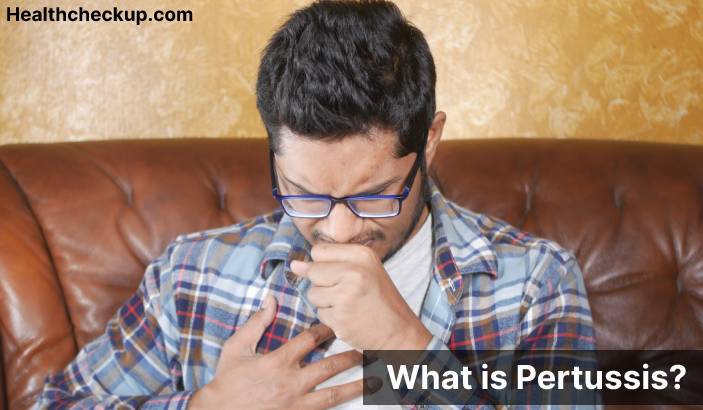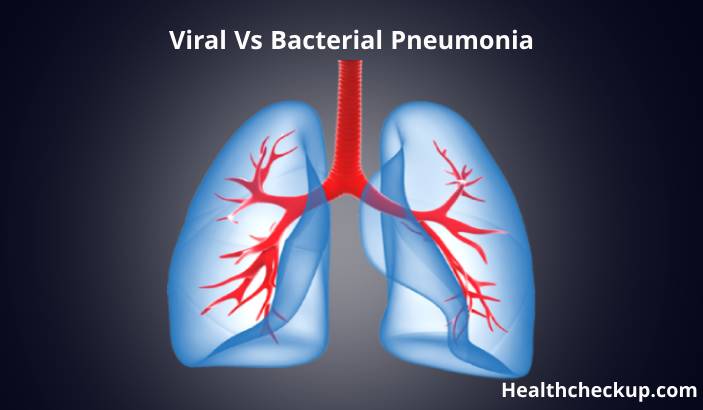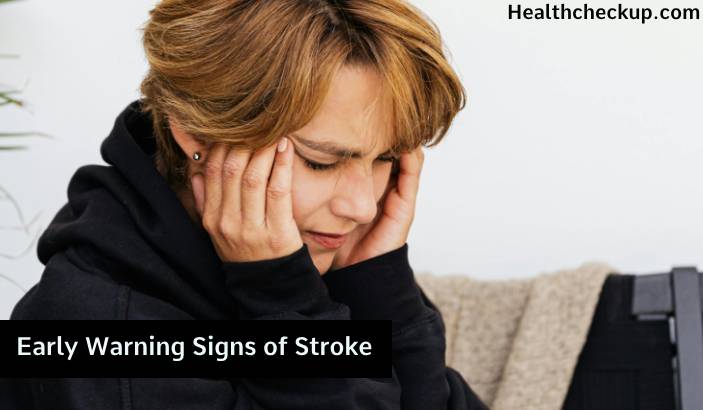Pertussis, also known as whooping cough, is a bacterial infection that is caused by Bordetella pertussis. It is a highly contagious disease that is transmitted through contact with respiratory secretions from an infected person. Pertussis is most common in young children, but it can affect people of all ages.
Symptoms of pertussis typically appear 7-10 days after infection and include:
- Runny nose
- Mild fever
- Mild, occasional cough
- Apnea (temporary pause in breathing) in infants
As the illness progresses, the cough becomes more severe and may include a “whooping” sound, especially in young children. Pertussis can also lead to complications, such as pneumonia, rib fractures, and brain damage.
Diagnosis of pertussis is typically based on the presence of symptoms and a person’s history of exposure to pertussis. Laboratory tests, such as a PCR (polymerase chain reaction) test or culture of respiratory secretions, can be used to confirm the diagnosis.
Treatment of pertussis typically involves antibiotics to kill the bacterial infection. It also includes supportive care, such as medications to control symptoms, such as fever and cough, and oxygen therapy for infants with severe respiratory distress.
Pertussis can be prevented through vaccination with the DTaP (diphtheria, tetanus, and pertussis) vaccine. The DTaP vaccine is typically given to children as part of the routine childhood vaccination schedule. It is also recommended for adults who have not been vaccinated or who are at increased risk of exposure to pertussis, such as healthcare workers and individuals who have close contact with young children.
Good hygiene practices, such as washing your hands frequently and covering your mouth and nose when you cough or sneeze, can also help prevent the spread of pertussis. If you are experiencing symptoms of pertussis, it is important to stay home and avoid contact with others to prevent the spread of the disease. Follow the recommendations of your healthcare provider and public health officials to help protect yourself and others from pertussis.









